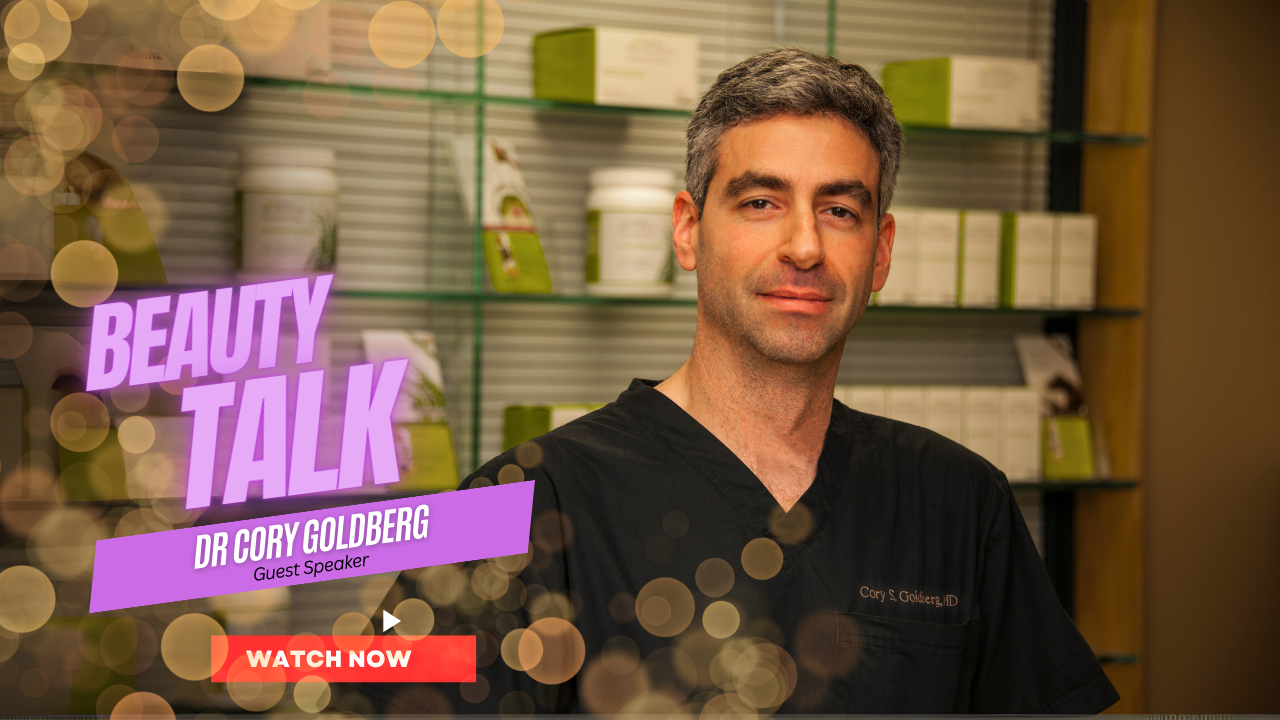Local SEO Strategies for the Healthcare Industry to Boost Online Visibility
SEO enables organizations to target a wider audience, potentially increase their customer base, and improve their reputation in the digital market. Search engine optimization (SEO) is one of the most useful tools available to healthcare professionals today. With some knowledge and strategic use, SEO can help healthcare organizations reach their target audience better, become more visible in search engine results, and get more patients to come to their practice. However, SEO can be intimidating and complicated for healthcare professionals who are unsure of what SEO strategies might work best for them. In this blog post, we'll cover the essential dos and don'ts of SEO in the healthcare industry and how to implement them effectively in order to maximize its benefits.
What is SEO?
Search Engine Optimization, or SEO, is a set of techniques used to make websites and pages more visible on SERPs (search engine result pages). It involves optimizing websites for search engines so that they appear at or near the top of search engine results when specific keywords are used.
Organic SEO involves putting content on a website that is based on natural keywords and phrases and using social media and other online marketing strategies to get the most attention. Paid SEO includes sponsored ads, pay-per-click campaigns, and other methods that require payment before the website shows up in relevant search rankings.
Organic SEO proponents argue that it is more cost-effective and sustainable than paid SEO because it does not require continual payment for ads and can produce longer-term benefits for businesses with a relatively low monetary investment. On the other hand, some believe that paid SEO is much more efficient than organic SEO in helping businesses achieve increased visibility, draw more leads, and have better measurable results.
Whether a healthcare organization prefers free or paid SEO techniques, there are a lot of benefits that could come from using SEO strategies.
How Does SEO Work?
Search Engine Optimization, or SEO, is a critical element of any healthcare marketing strategy. This discipline utilizes techniques to ensure your website appears at the top of SERPs (search engine result pages). It utilizes techniques such as relevant keywords and phrases, researching online trends and user behavior, producing relevant web content, and utilizing link building strategies to increase the visibility and credibility of your website on SERPs. This process increases organic online traffic and engagement with the goal of driving more leads, conversions, and sales.
The debate around how effective SEO can be lies in how effectively it is carried out. For example, companies often invest plenty of money into attempting to grow their organic rankings, with varying results. It is not uncommon for companies to pour large amounts of time and money into attempting to rank well on Google’s search engine result pages (SERPs) with little gain. On the other hand, when done correctly and carried out diligently by experienced professionals, SEO can be a lucrative investment for businesses in the healthcare sector. Therefore, it is essential to comprehend both sides of the debate in order to decide if it makes sense for your business goals and objectives.
SEO has been shown to be a good way for businesses in the healthcare industry to find growth opportunities online when the right tools and strategies are used.
SEO Strategies for the Healthcare Industry
SEO strategies for the healthcare industry are changing as the digital landscape evolves. Developing a successful SEO plan requires a combination of understanding best practices for online medical and health-related search results as well as knowledge of website design, development, and content strategies. Marketers should begin by asking themselves why people search for what they’re searching for and understanding how the healthcare industry works with patients to drive traffic to the website.
Search engine optimization is critical when considering who will find your website first since Google is the most widely used search engine today. For example, if your target audience is mostly millennials and an older generation, then creating different landing pages tailored to each group can increase visibility in search engine results pages (SERPs). Tools like keyword research can also be used to optimize content and ensure that valuable information reaches its intended audiences. It is also important to consider how your page titles and description tags appear to users searching for related topics.
It is important to keep in mind that the SEO landscape is always changing:
- Google updates its algorithms frequently, so it’s essential for businesses in any sector to be agile and make changes quickly.
- Locality also plays an important role in healthcare search engine optimization; many individuals actively seek care from local providers, which makes optimizing local listing websites and directories essential for success.
- Link building or gaining links from trusted sites is crucial to establish authority and improve rankings.
Because of these things, a good search engine optimization strategy for the healthcare industry needs to be constantly checked and changed as needed. It also requires an understanding of core concepts in medical marketing, such as health data privacy regulations and how consumer sentiment shapes overall patient journeys. To capitalize on global trends while meeting consumers’ needs in the ever-evolving digital world, businesses must stay updated on emerging technologies such as natural language processing (NLP), voice assistants, machine learning algorithms, and more. With careful analysis of current trends combined with tracking lists of keywords and analyzing competitors’ performances in SERPs, any healthcare business can develop an effective SEO strategy that maximizes their visibility online.
Website and digital practice optimization
Optimizing a website and digital practice is one of the best ways for the healthcare industry to get the most out of SEO strategies. By optimizing healthcare websites, practitioners can not only improve visibility but also utilization of their services. Optimization includes:
- Tailoring content to match searchers' queries
- Ensuring high-quality visuals
- Optimizing graphics and videos
- Building out microsites if necessary
- Creating intuitive navigation and toolbars
- Building out keyword-rich content pages
- Integrating search engine-friendly frameworks.
- creating user-friendly mobile experiences
The optimization process requires a careful balance between using keywords that are popular among searchers and adding content that will keep them engaged. Adding too many keywords can lead to low trust from search engines or make the content appear overly repetitive and uninteresting for readers. Not including enough keywords may mean losing out on traffic from potential customers who are looking for a specific service or treatment. Focusing on providing readers with detailed information as opposed to pushing for conversions can pay dividends by reducing bounce rates and increasing organic traffic over time.
Ultimately, it’s important for healthcare providers to get the balance right regarding their websites; keyword-rich content should serve both search engine objectives as well as engaging and meaningful information for readers.
Implementing SEO strategies and techniques
Implementing SEO strategies and techniques for the healthcare industry is no easy task. In order to generate results, SEO needs to be a targeted, long-term commitment that involves consistently making adjustments along the way. It's essential to comprehend the limitations of SEO when working in this industry. Search engine algorithms are intricate, and changes may take months or even years before they become visible. Additionally, SEO best practices should always be done in tandem with the latest trends and regulations related to healthcare compliance.
On the one hand, there are some basic SEO rules that must be followed no matter what industry you're in.
- Paying attention to page content and structure
- Optimizing images
- Making sure the website is easy to use
- Creating quality incoming links are some of the most basic ways to boost your site's ranking.
On the other hand, there are techniques that are more specific to healthcare websites, such as:
- Giving tags and categories based on medical terminology
- Using health services directories like Healthgrades or Vitals
- Using social media to get more people to see your site and build relationships with patients.
The key to success lies in finding the right balance between these two approaches:
- Having a solid foundation of basic SEO best practices is essential, but tailoring them towards a healthcare audience can have an even bigger impact
- By leveraging both sets of tactics together, organizations will be able to develop unique solutions to ensure their websites stand out from competitors.
The Benefits of SEO for the Healthcare Industry
When it comes to optimizing a website for search engine performance, the healthcare industry can greatly benefit from SEO. With an effective SEO strategy in place, organizations in this sector can boost their online visibility and attract more targeted traffic to their product or service offerings. Additionally, SEO has the potential to enhance a website’s credibility and authority on certain topics, making it easier for healthcare businesses to be found in searches and convert site visits into sales or patient appointments.
The biggest benefit of SEO for the healthcare industry is that it can bring in traffic that doesn't have to be paid for. This type of traffic is inherently targeted, as users are already interested in the product or service offered by a particular organization due to the prominent positioning of words or phrases related to their offerings through effective keyword optimization. Additionally, good organic engagement typically leads to increased time spent on the website and higher conversion rates, again ultimately resulting in increased sales or patient appointments.
There are also drawbacks to implementing an SEO strategy for any business.
- Results take time to manifest; typically, several months pass before any noticeable improvements can be observed.
- It requires significant work at both ends, including constant maintenance of content and tracking data points.
- Competition among healthcare providers means that resources need to be allocated correctly since they are limited (especially when compared against larger businesses).
Contact EDNA Digital Marketing for local SEO Services!
Are you a healthcare provider struggling to stand out online? EDNA Digital Marketing can help. Our team specializes in local SEO services that drive visitors to your website and bring more patients through the door. With our expertise in the healthcare industry, we know how to optimize your website for local search terms that matter most to your business. We employ various proven techniques such as keyword research, on-page optimization, and local directory listings to help you rank higher on search engine result pages.
Contact
EDNA Digital Marketing
right away to find out how we can help you improve your online presence and get more people to come to your practice. Discover why we're the go-to choice for healthcare providers looking to enhance their local SEO.










